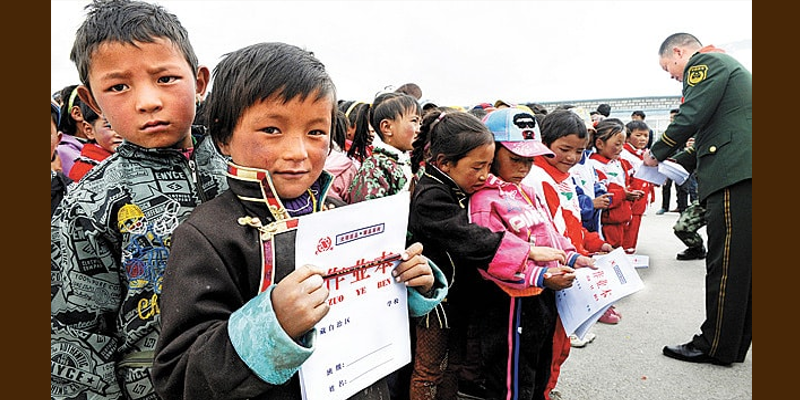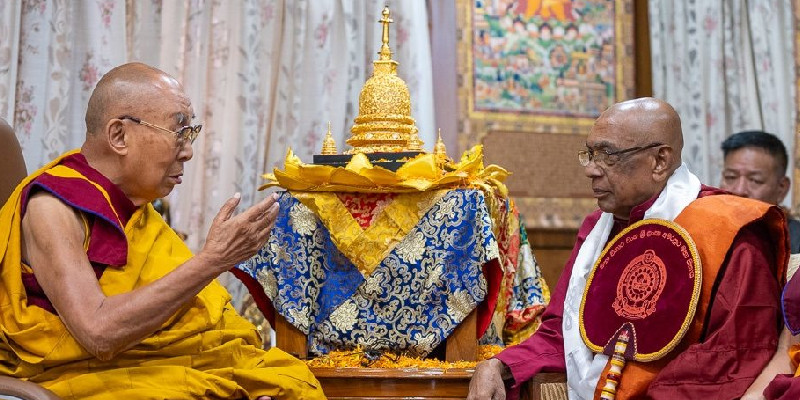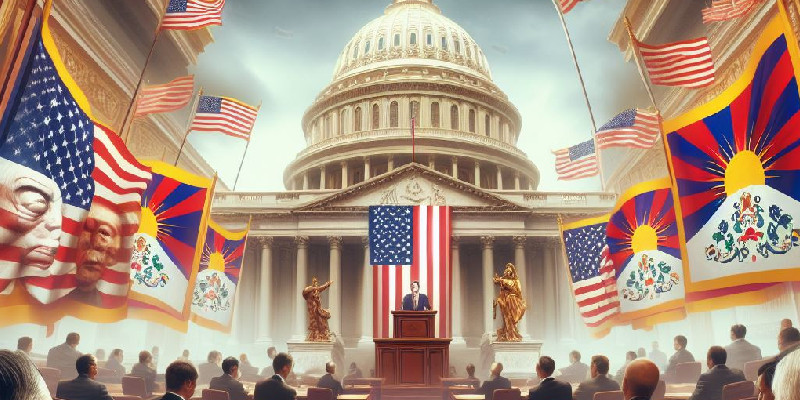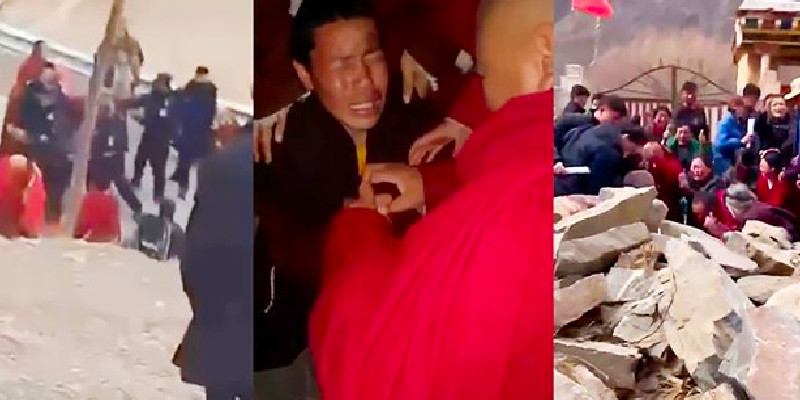A Chinese professor has claimed that Tibetan education in the country is not suppressed by China according to a report in the Global Times on Tuesday. The Chinese professor warned against the western media in making misjudgements about country’s booming bilingual education in regions like Tibet, saying that they do not know the real situation.
Recently, Tibetan businessman Tashi Wangchuk who was detained two years ago was tried in the court for ‘inciting separatism’ when he appeared in a video where he tried to approach judicial system in Beijing against the local authorities in his home town Yushu in Tibet so that which prioritize Chinese language education and Chinese used in government offices.
He was charged of “inciting separatism,”; a charge that could result to a sentence of up to 15 years in prison for merely pushing for the Tibetan language to be properly taught in local schools!
“Learning Putonghua (a Chinese dialect) and Tibetan is not contradictory. China is a multi-ethnic country and learning Putonghua could allow Tibetans to communicate with other ethnic groups and know about the world outside Tibet,” said Xiong Kunxin, a professor at Minzu University of China in Beijing according to the Global Times.
“Some Western media have been hyping the idea that Tibetan education is suppressed in China because they do not know the real conditions in Tibet,” Xiong said, noting that protection of culture and religion in Tibet was efficient added the report.
China has set up a bilingual education system in minority schools, but in practice, teaching of Mandarin Chinese increasingly predominates or is exclusive. Regulations on the implementation of bilingual education in “ethnic minority areas,” issued by China’s State Council in August 2015, ordered authorities in those areas to “unswervingly implement the national common language and writing education to ensure that minority students master and use the basic national common language,” referring to Mandarin Chinese (putonghua).
While Xiong suggests that Tibetan education is meaningful as tool of culture and history, acknowledging the freedom to use and develop own spoken and written languages and to preserve or reform own folkways and customs. However, the media getting hyped over Chinese suppression of Tibetan education can be rightly justified from the case of Tibetan education advocate Tashi Wangchuk, which the professor is not considering.







Leave a Reply